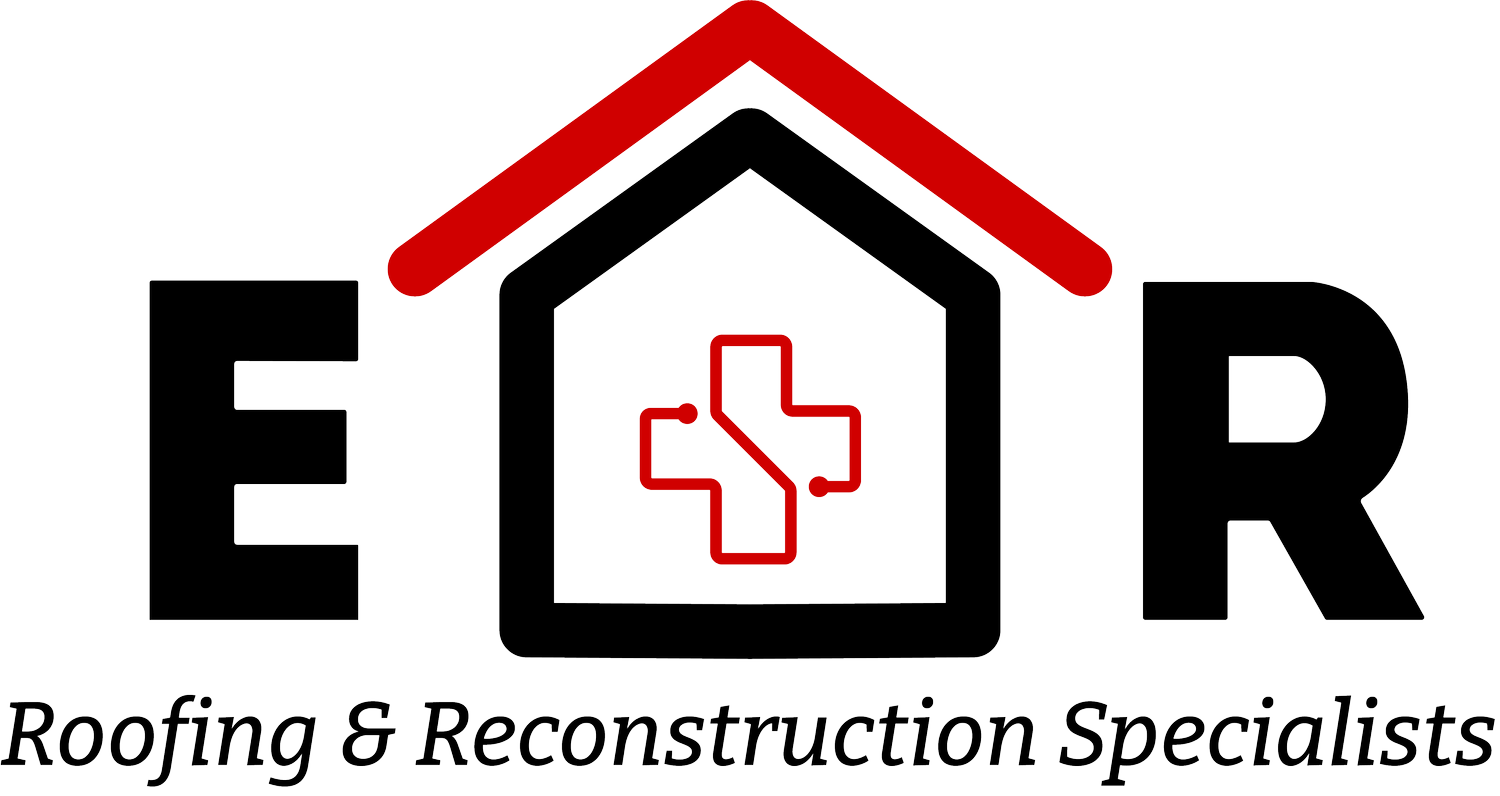Roof Repair v.s. Roof Replacement. When is it Time to Replace?
Your roof is one of the most important parts of your home. It protects you and your belongings from the elements, and it plays a vital role in your home's energy efficiency. But like all things, roofs have a lifespan. And when your roof reaches the end of its lifespan, it's important to know when it's time to replace it.
Signs Your Roof Needs Replacing
There are a few key signs that it's time to replace your roof. These include:
Age: Most roofs have a lifespan of 20 to 30 years. If your roof is approaching or has surpassed this age, it's a good idea to start thinking about replacement.
Visible damage: If you see any visible damage to your roof, such as missing or loose shingles, cracks, or bald spots, it's a sign that your roof is nearing the end of its lifespan.
Leaks: Leaks are a major sign that your roof needs to be replaced. If you have any leaks in your attic or interior walls, it's important to call a roofer right away.
Sagging: If your roof is sagging, it's a sign that the structural integrity of your roof is compromised. This is a serious issue that needs to be addressed immediately.
Increased energy bills: If you've noticed an increase in your energy bills, it could be a sign that your roof is not properly insulated. A new roof can help to improve your home's energy efficiency and lower your energy bills.
When to Call a Roofer
If you're not sure whether or not it's time to replace your roof, it's always a good idea to call a professional roofer for an inspection. A roofer will be able to assess the condition of your roof and give you an estimate for the cost of replacement.
Factors Affecting Roof Replacement Costs
The cost of replacing a roof will vary depending on several factors, including:
The size of your roof
The type of roofing material you choose
The cost of labor in your area
In general, you can expect to pay anywhere from $5,000 to $10,000 to replace a roof.
Financing Options for Roof Replacement
If you don't have the cash upfront to pay for a new roof, there are a few financing options available. These include:
Home equity loans: Home equity loans allow you to borrow against the equity in your home to pay for home improvements.
Home equity lines of credit (HELOCs): HELOCs are similar to home equity loans, but they allow you to borrow money as needed up to a certain limit.
Roofing loans: There are also a number of lenders that offer specifically roofing loans. These loans typically have lower interest rates and longer terms than traditional home equity loans or HELOCs.
Preventive Maintenance
There are a few things you can do to extend the life of your roof and prevent the need for premature replacement. These include:
Regularly inspecting your roof for signs of damage
Trimming trees that are overhanging your roof
Cleaning your gutters and downspouts
Having your roof professionally inspected every few years
By taking these simple preventive measures, you can help to keep your roof in good condition and avoid costly repairs or replacement down the road.
Conclusion
Your roof is a vital part of your home, and it's important to take care of it. By being aware of the signs that your roof needs to be replaced, and by taking steps to prevent damage, you can help to ensure that your roof protects you and your family for years to come.
